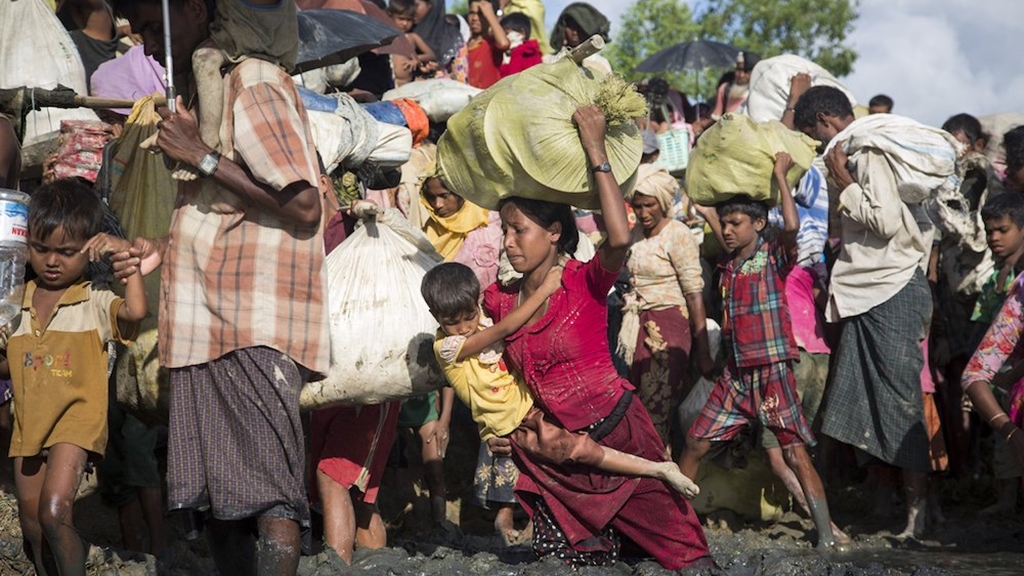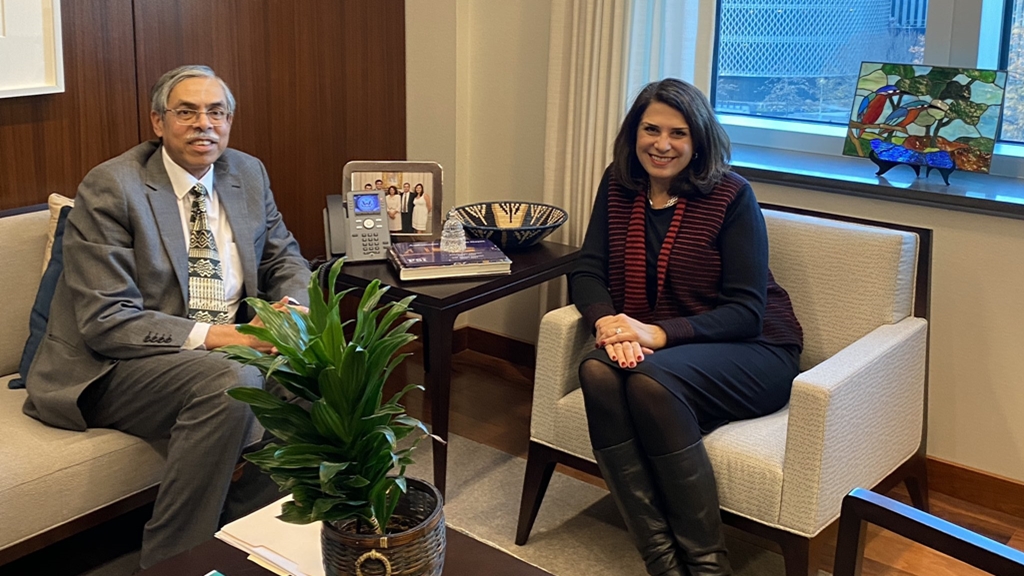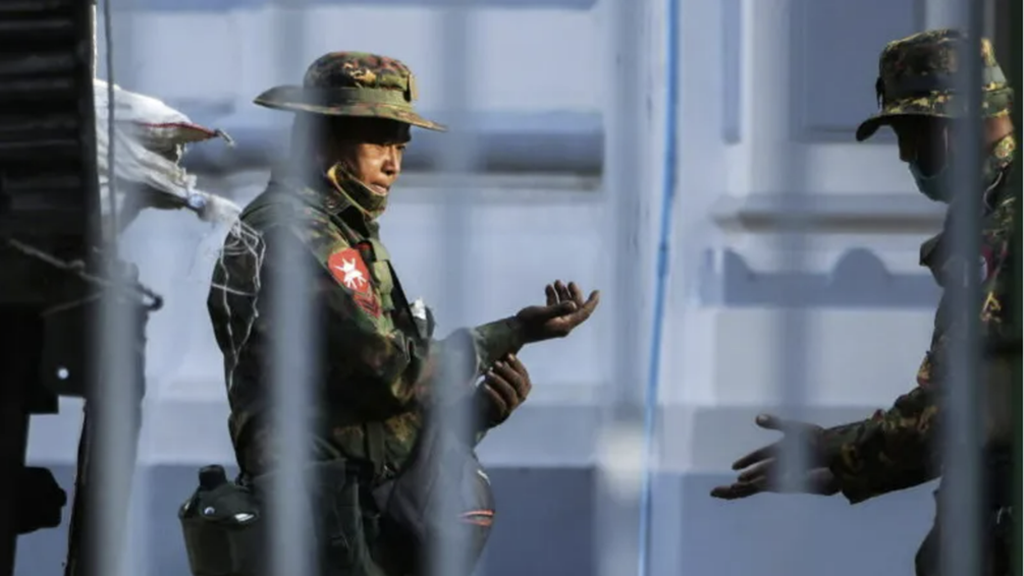
Gambia first to take a stand against Rohingya genocide
- 12/11/2019
- 0
By Dr. Azeem Ibrahim, Arab News
More than two-and-a-half years on from the mass exodus of the Rohingya from northwestern Myanmar prompted by the “clearing operations” against the minority group by the country’s army, the international community is finally stepping up to its responsibilities. Gambia last month announced that it is referring Myanmar to the International Court of Justice (ICJ) on charges of genocide.
The effort, led by Attorney General Abubacarr Marie Tambadou and the Gambian Ministry of Justice, sets a new precedent in international relations, whereby one state is taking another before the ICJ for a breach of the UN Genocide Convention.
This is not mere politicking or posturing by a random country trying to elevate its international profile. Tambadou is a serious international jurist on questions of genocide, and has previously served as a special assistant to the prosecutor at the International Criminal Tribunal for Rwanda. And Gambia, as a member of the Organization of Islamic Cooperation (OIC), has, through this action, also bounced the rest of the OIC into speaking up in defense of their fellow Muslims the Rohingya.
This is an extremely welcome development for everyone. Gambia has had its fair share of humanitarian issues in its post-colonial history, so it is wonderful to see it embrace the principles and values of international humanitarianism. This firm commitment can be reasonably expected to have meaningful consequences for the local political culture within the country.
It is evidently beneficial to the Rohingya that the international community is finally starting to take note of their situation, just as public opinion toward them in the countries where they sought refuge (principally Bangladesh) is beginning to harden. And, in a world where the international rules-based system seems to be unraveling, the fact that such a robust defense of international human rights law is emerging from unexpected quarters may yet signify the dawn of a renaissance of humanitarian ideals worldwide.
Of course, the path ahead for Tambadou will be long and difficult. This initial move has prompted some tentative international support for the Gambian-led initiative. But it is inevitable that China will intervene to protect its newly acquired client state, Myanmar, in international forums. In that context, it will be interesting to see how reliable the support of the OIC will be in opposition to Chinese desires, and whether Western countries come out to support the prosecution in any meaningful way. The international geopolitics of this case will be fraught.
The fact this is emerging from unexpected quarters may yet signify the dawn of a renaissance of humanitarian ideals worldwide. Dr. Azeem Ibrahim
Fortunately, the ICJ process itself is separate from such considerations, even if any sentences or injunctions it produces will require the cooperation of the states involved and the big international players. And, on the legal side, the case for the prosecution will be relatively easy by historical standards, not least because of the assiduous work to document the actions and events during the Rohingya genocide by journalists, international human rights advocates, human rights lawyers, and several anti-genocide nongovernmental organizations.
Of particular importance for the legal proceedings before the ICJ will be groups such as the Rohingya Legal Forum, which I lead within the Center for Global Policy think tank in Washington. We held our inaugural meeting last week, with those in attendance including David Scheffer, the first US ambassador-at-large for war crimes, who is credited as the key architect of the Yugoslav tribunal; former chief UN legal counsel for war crimes in Syria Sareta Ashraf; and international lawyer Djaouida Siaci, the vice president of the Rohingya Support Group. The forum is being convened by Prof. John Packer, director of the Human Rights Research and Education Center at the University of Ottawa, who brings extensive experience as a practitioner of international law. Our aim is to explore innovative mechanisms within international law to promote Rohingya legal recourses, exchange views, map the alternative strategies, and offer advice and assistance to policymakers around the globe. Where necessary, we will coordinate and collaborate with the likes of the OIC, UN, International Criminal Court, ICJ and relevant governments. The members of the forum have extensive experience in international humanitarian crises and most had been following the situation of the Rohingya in Myanmar for years before the “clearing operations” started in 2017.
We knew then to expect that a genocide was in the making in Myanmar (I even published a book warning of the impending disaster just before it started), and we knew that, if the international community would not intervene to prevent it, we would need to be there to document what was happening to the legal standards required to bring before a court of international law.
We stand ready to provide the prosecution and the court with our extensive archive of documentary evidence collected on the ground, as well as the legal analyzes by our jurists, and we believe that the international legal system is likely, on this occasion, to prove itself up to the task of holding Myanmar to account for genocide.
- Dr. Azeem Ibrahim is a director at the Center for Global Policy and author of “The Rohingyas: Inside Myanmar’s Genocide” (Hurst, 2017). Twitter: @AzeemIbrahim







